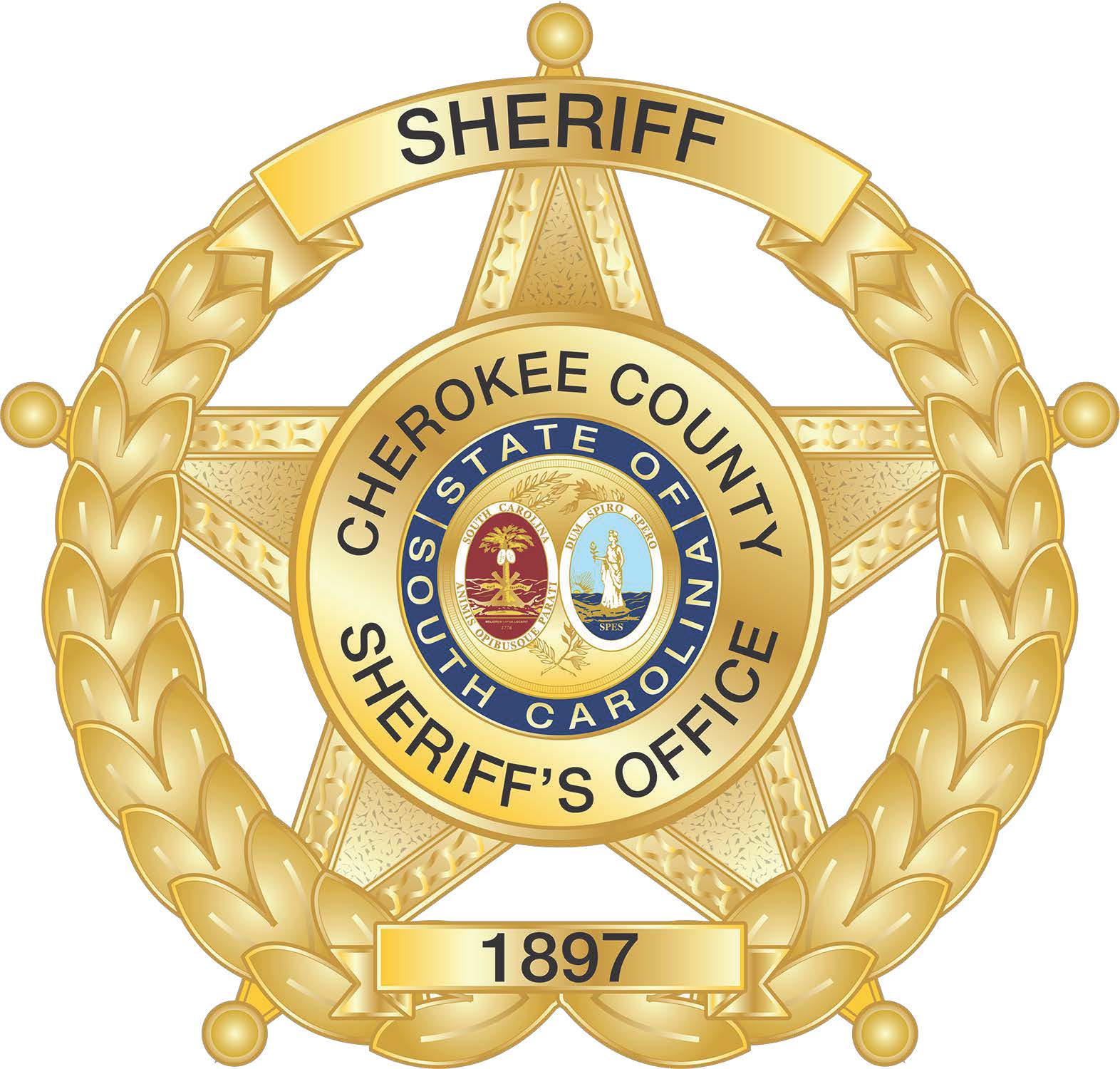How To Avoid "Do Not Call" Scams
Unwanted telephone sales calls can be a nuisance as well as an intrusion into your home and privacy. That's why thousands of people have taken steps to prevent unsolicited telephone calls by placing their home phone number on the FTC's "Do Not Call Registry" list.
In existence for several years, the FTC's "Do Not Call Registry" list prohibits most commercial telemarketers from calling any telephone number on the list. The law has provided welcome relief to many people seeking to restore their privacy.
However, did you know that rip-off artists are taking advantage of the no-call law for criminal purposes by trying to trick you into turning over money or personal information? Knowing how to spot this scam will make you far less vulnerable to becoming a victim.
Here's how this particular scam works: someone calls you claiming to represent a no-call registry or the Federal Trade Commission. The caller claims to need personal information from you such as your Social Security, bank account, or credit card number to verify placement of your name on the no-call list. The call, however, isn't legitimate. This is nothing more than a scam designed to steal your identity and use your personal information to run up debts in your name. Fall for this particular scam and it could cost you a bundle. You should never share your personal information with anyone over the phone unless you are absolutely certain who you are dealing with.
In a related scam, some residents have reported receiving calls offering to confirm their placement on the no-call list for a fee. Once again, this is nothing more than a scam. If you decide to have your name placed on the no-call list, you don't need to pay anything to confirm that your name is in the registry. Simply call for free.
Whether you are on the list or not, please remember that all telemarketers must obey the following rules:
Before they make their pitch, telemarketers should tell you it's a sales call, the name of the seller, and what product or service they are selling.
In a prize promotion, telemarketers should tell you the odds of winning and that no purchase or payment is necessary to win. They should also make you aware of any restrictions or conditions of receiving or using the prize. If you're asked to pay for a prize, hang up.
It's illegal for telemarketers to misrepresent any information, including facts about their goods or services, earnings potential, profitability, risk or liquidity of an investment, or the nature of a prize in a prize-promotion scheme.
Before you pay, telemarketers must tell you the total cost of the products or services they're offering and any restrictions on getting or using them.
It's illegal for a telemarketer to withdraw money from your bank account without your expressed, verifiable authorization.
Telemarketers can't lie to get you to pay.



